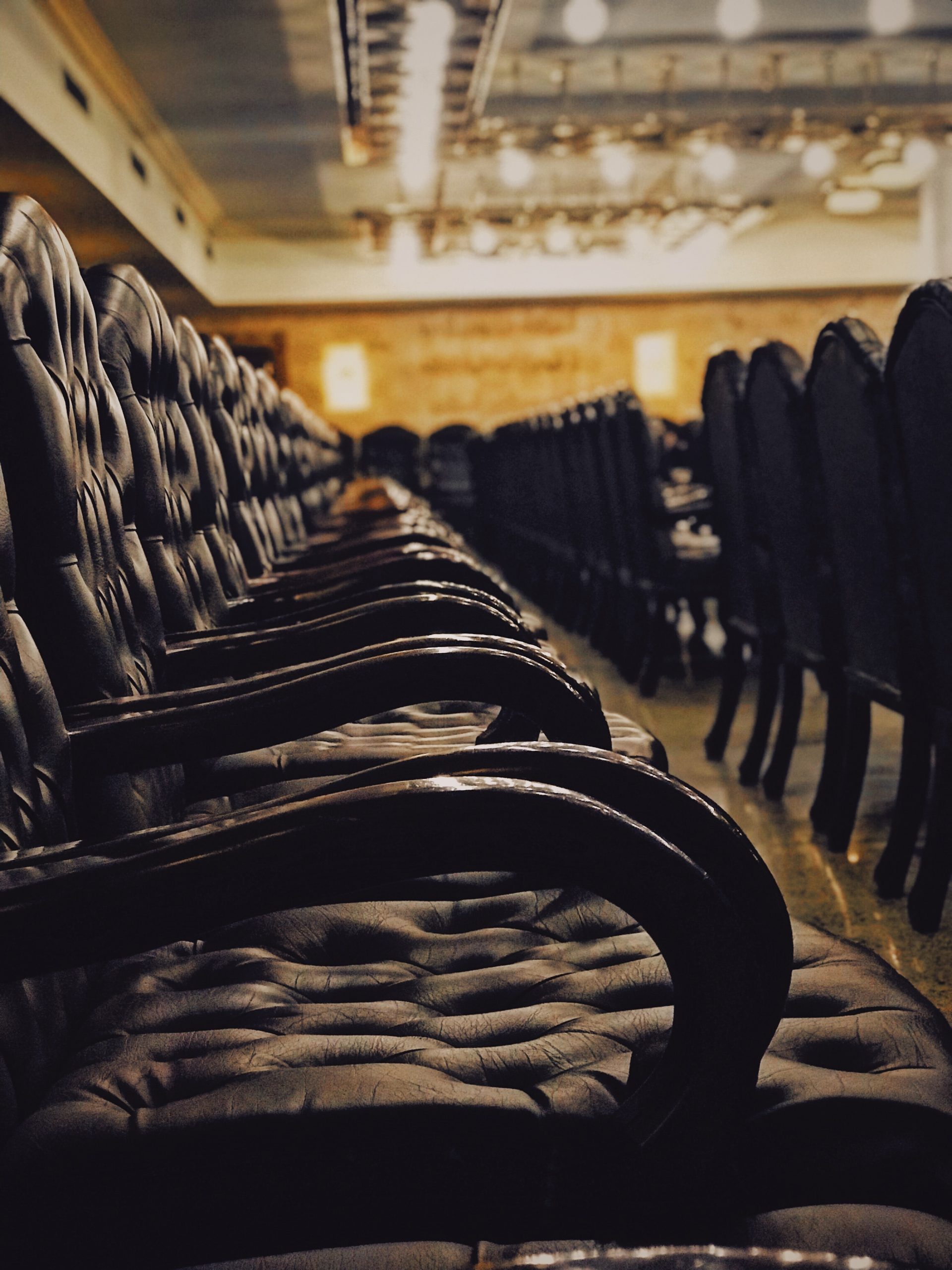Being summoned for jury duty can be a scary thing. It’s not, it’s part of being an American. Here is a list of frequently asked questions we get here at Magnus to make your jury duty experience as painless as possible.
What kinds of juries can I be summoned for?
Although there are variations around the country in the names used, there are two basic categories of juries: Grand Juries and Petit Juries. Grand Juries are convened within the criminal justice system at the State or Federal level to decide whether there is sufficient evidence to charge one or more persons or entities with a crime. Petit Juries are the juries who actually decide cases and render verdicts, either in civil or criminal cases. Although it is possible for you to be summoned for service on either type of jury, most people are summoned for service on a Petit Jury. The information on this page is primarily intended to provide information about service on Petit Juries.
I have Been Summoned for Jury Duty. Does This Mean I Will Serve?
No. Just because you are summoned does not mean that you will actually serve. For example, there may be more individuals who report for service than are required to decide cases on the Court’s docket. You may have been summoned even though you are not qualified to serve under the laws applicable to jury service in your locale. The Court’s staff, the judge, and the attorneys involved in a case will ask you questions to determine your eligibility and suitability to serve on a particular jury. This preliminary process can be tedious, repetitive, and sometimes, even annoying and boring. You may feel like you are treated as if you or your time are not valuable. However, this process of summoning a pool, and then distributing the prospective jurors in panels to the various courtrooms are essential to maintaining the integrity of the jury system and optimizing the jury selected to decide a particular case.
I am a professional, business person or self-employed. Is it really important that I serve?
Yes. Oftentimes cases involve complex issues the resolution of which would be facilitated by jurors who possess expert knowledge and skills. While not every case involves such issues, your presence on the panel of prospective jurors will improve the chances of selecting a jury best suited to deciding a particular case.
If I show up for jury service or serve on a jury won’t I lose Income?
Probably so, especially if you are gainfully employed. Juror compensation varies across jurisdictions. Many employers have policies that provide paid leave to employees who are summoned for jury duty, but the number of compensated days is frequently limited. It is fair to state that for most employed or self-employed prospective jurors, the income lost or foregone by reporting for jury duty and for having served as a juror will exceed the compensation you will receive from the Court. Some employers reimburse their employees for the difference between the salary they would have received and the jury fees they receive from the Court. Even so, this is an economic loss for the employer. Courts and legislatures around the country are increasingly aware of this problem, and efforts are underway to revamp this element of the jury system. Progress on this front is moving slowly. There are, however, intangible benefits of service. For example, service on a jury is an important opportunity to fully participate in the responsibilities of citizenship. Your service will also increase your knowledge and understanding of the judicial process and court system. It is said that military and jury duty are the two basic ways in which citizens fulfill their civic duties.
I was summoned but not chosen to serve on a jury?
It is not possible to know for sure. From the entire jury pool of summoned prospective jurors (referred to as the venire), a smaller number is drawn and sent to a judge’s courtroom. This group is referred to as the panel. You may not have been chosen from the panel to serve on the jury for any number of reasons. There are laws as well as legal principles which specify the particular qualifications or attributes a juror should have to be eligible to decide a particular type of case. In addition, there may be some laws that exempt certain individuals from jury service entirely, or in certain types of cases. Through your answers to the questions posed by the judge and/or attorneys, it will become known if you possess the appropriate qualifications for a particular case. This questioning process is called voir dire. If you do not possess the requisite qualifications or personal attributes, then the judge or the attorneys may decide to excuse you from service on a particular case. Customarily, the judge will excuse the prospective jurors who were not chosen from the panel without disclosing specific information why they were not selected. Do not take this personally as a rejection! The very reasons why you were not selected to serve on this case could be precisely the very reasons why you will be selected to serve on another case. Moreover, the persons actually selected to serve on this case might not be appropriate jurors on a different case.
Do I have to answer every question asked of me during voir dire?
Yes. However, if your answer will cause you any embarrassment or discomfort, you should make this known before giving your answer. Usually, the attorney asking the question or the Court will make special arrangements so that you can provide an answer in a way that minimizes your discomfort or embarrassment. It is important to remember that you will have taken an oath before the questioning begins. An untruthful answer to any question could result in a serious punishment according to the laws of the jurisdiction where the case is pending.
What does it mean if I was “challenged for cause” by one of the attorneys?
This usually means that an attorney believes that in the particular case you are unable or unlikely to be impartial and that you should not serve on the jury. This will usually, but not always, be done outside of your presence and without your knowledge. It is important to note that the attorney making this assertion may be doing so as part of his/her overall trial strategy. If the judge agrees with the attorney’s belief, and you are excluded from serving on the jury, it is sometimes said that you have been “removed for cause.” A judge usually has the right to also remove for cause prospective jurors who may have substantial personal hardships that may interfere with a juror’s ability to concentrate and devote full attention to the trial. There is no limit to the number of challenges for cause.
What does it mean if one of the attorneys used a “preemptory challenge” on me?
These are another type of challenge, one for which cause is not required. They are usually used when an attorney for some reason did not want you to serve on the jury but was unsuccessful in convincing the judge to remove you ‘for cause.’ Each side usually has a predetermined number of peremptory challenges. Most courts confirm with the attorneys before the jury selection process begins their number of peremptory challenges. It is important to note that the attorney exercising the peremptory challenge may be doing so as part of his/her overall trial strategy. If you are eliminated as a prospective juror by a peremptory challenge, this does not reflect upon your ability or integrity. Some courts require that peremptory challenges be made openly so that the prospective jurors may hear them. Other courts require that the peremptory challenges be made out of prospective jurors’ sight and hearing. Some limits on the use of peremptory challenges have been imposed by the U.S. Supreme Court and other courts to guarantee that these peremptory challenges are not used to impermissibly remove jurors of a particular ethnic group or gender. See Batson v. Kentucky, 476 U.S. 79 (1986).
Does every court case get tried by a jury?
No. Some cases get dismissed and never proceed to trial. Many cases are resolved somewhere along the way between the time the case was filed and the time the case is set for trial, which is referred to as a “case being settled.” Some cases get tried by a judge rather than a jury. Some cases are even settled by the agreement of the parties while the trial is actually underway but before a jury returns a verdict. In fact, recent data suggest that fewer than 2% of all court cases filed wind up being tried.



